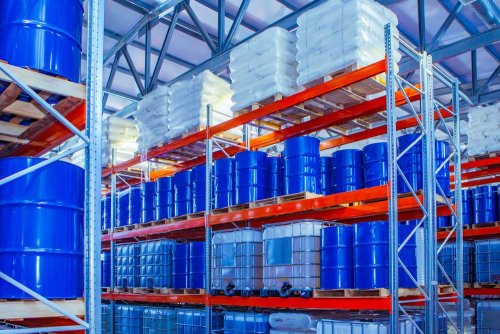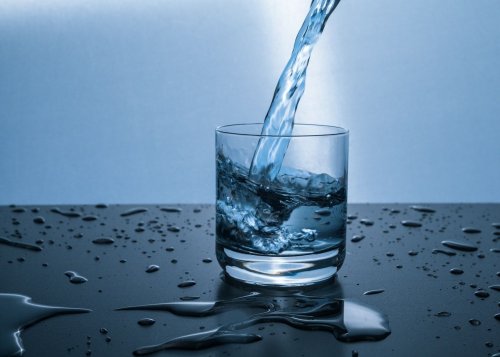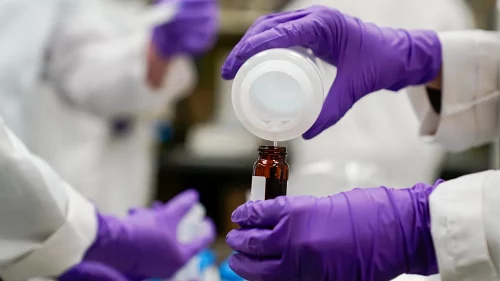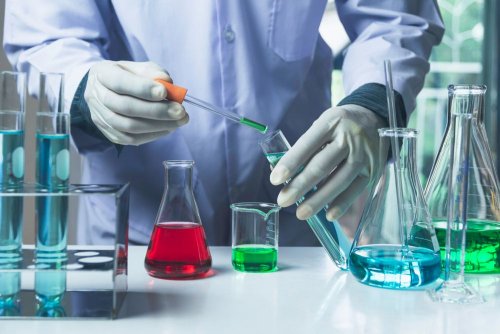The EU has unveiled a plan to ban the most dangerous chemicals on the roadmap, which could include 12,000 substances.
Some of them are cosmetics, paints, cleaners, adhesives, lubricants and pesticides, according to The Guardian.
According to EU Commissioner for the Environment Virginius Sinkevicius, the new restrictions are designed to reduce the impact on humans and the environment of some of the most harmful chemicals, affecting a wide range of their uses - industrial, professional and consumer products.
Chemical pollution is thought to push whales to the brink of extinction, leading to declining birth rates and 2 million deaths a year.
The EU's "roadmap" was conceived as a first step towards transformation, using existing laws to ban toxic substances related to cancer, hormonal disorders, reprotoxic disorders, obesity, diabetes and other diseases. According to the European Environment Bureau (EEB), it will be the world's largest ban on toxic chemicals.
"Control of chemicals in the EU is usually very slow, but the EU is planning the boldest detoxification we've ever seen. The petrochemical lobbyists are shocked by what's on the table now, homes and jobs," said Tatiana Santos, manager of the Bureau of Chemical Policy.
The plan focuses on whole classes of chemicals, including all flame retardants, bisphenols, polyvinyl chloride plastics, toxic chemicals in disposable diapers, and PFAS, which are also known as "eternal chemicals" because they do not decompose naturally.
They will be included in a list to be reviewed by the European Chemicals Agency for Restriction, reviewed and updated to substantially revise the EU's cornerstones on chemicals scheduled for 2027.
But industry groups argue that the scheme's focus on chemical groups can affect high-level products, such as sunscreens and perfumes, which can use many synthetic substances. In addition to cosmetics, affected products may include paints, cleaners, adhesives, lubricants and pesticides.
"Some of the constraints could have a significant impact on the industry and value chains," said Heather Kiggins, a Cefic spokeswoman.
The industry advocates a more narrow approach to restrictions, as well as incentives and import controls to help develop safer alternative products.
However, the European Chemicals Agency is in favor of working with chemicals in groups, as chemical companies have previously avoided bans on certain chemicals. They changed their chemical composition to create similar substances, which can also be dangerous, but which then require lengthy legislative procedures. For example, bisphenol A, which disrupts the endocrine system, has been replaced by other bisphenols.
The UN says it expects the global value of the chemical industry in excess of $ 5 trillion (3.9 trillion pounds) to double by 2030 and quadruple by 2060.
It will be recalled that the SRC study showed that chemical pollution has crossed the "planetary boundary".
As EcoPoliticа reported earlier, the EU may move faster to green energy against the background of Russia's abandonment of energy resources.





